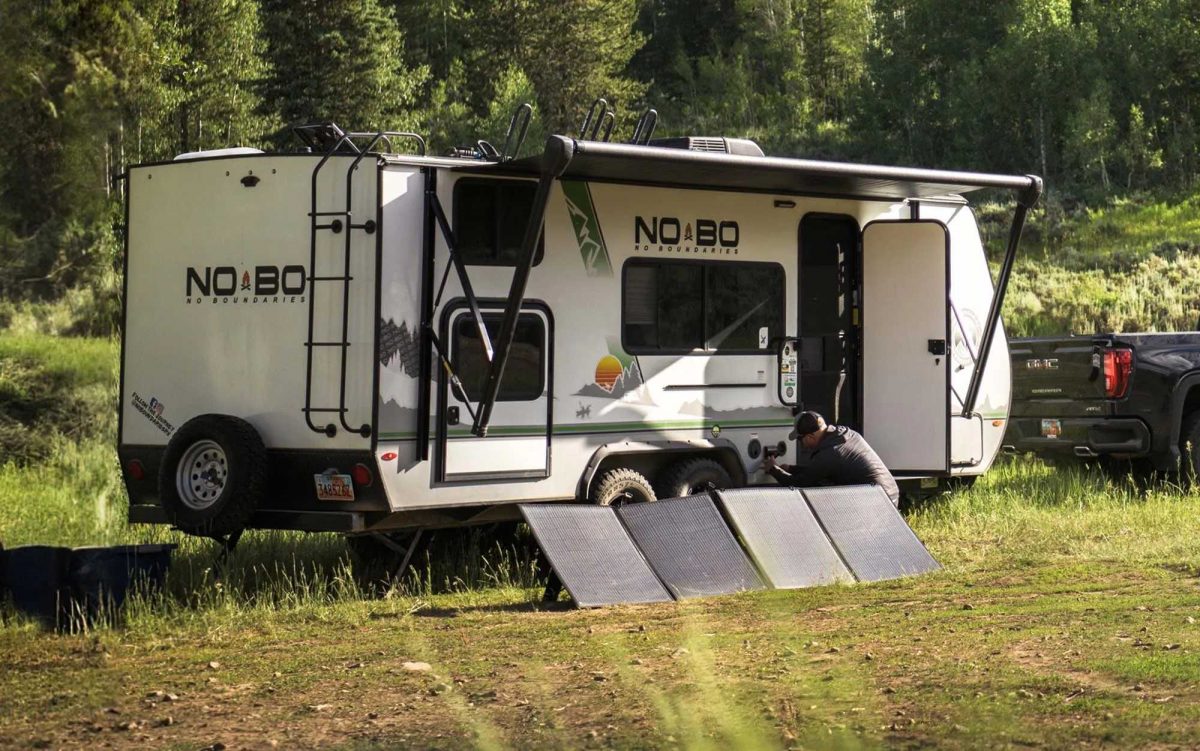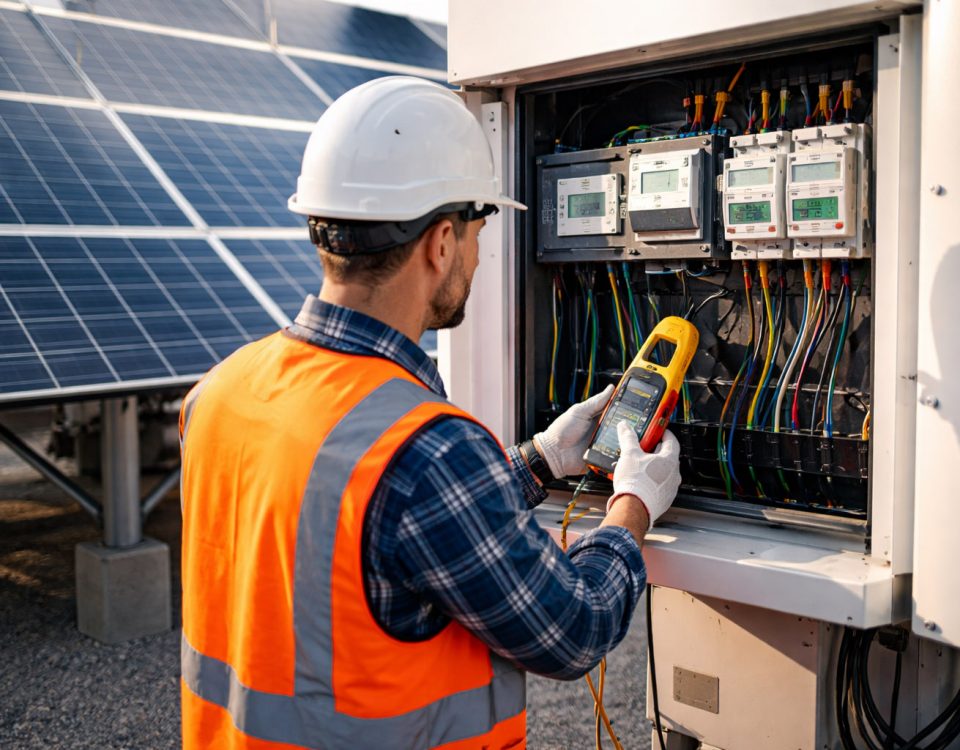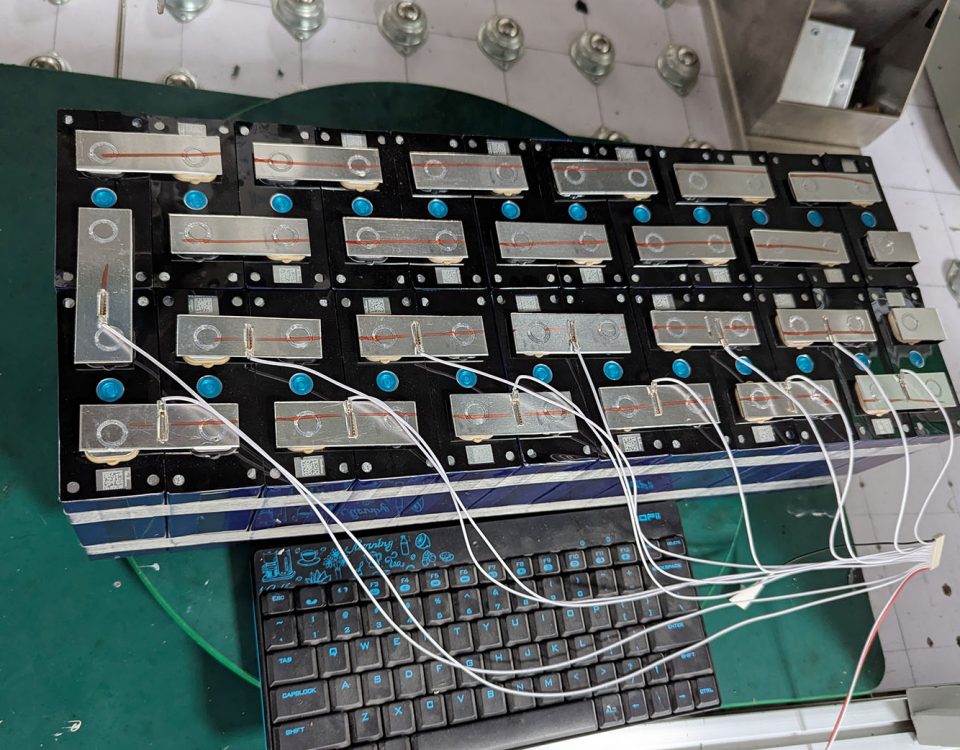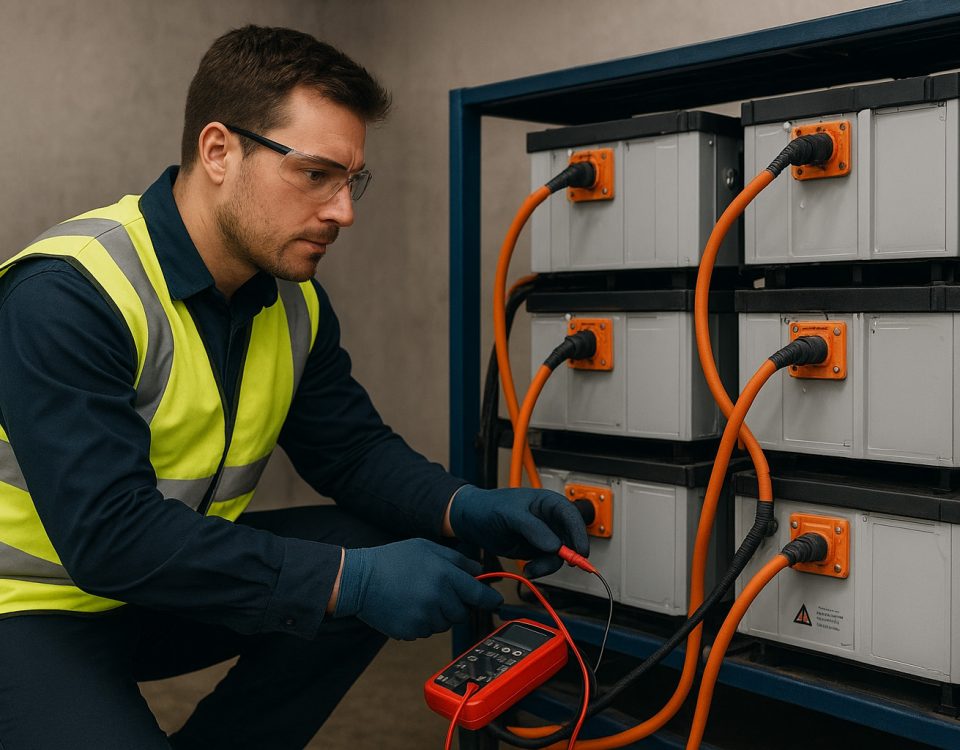Introduction: The Importance of Quick Diagnosis
Owning an RV opens up a world of adventure, but that freedom relies heavily on a reliable power source—your RV battery. When you’re out exploring, the last thing you want is to deal with a malfunctioning battery. Whether you’re on a weekend getaway or a long-term road trip, identifying and solving battery issues promptly is essential to keeping your journey on track.
In this article, we’ll cover the most common RV battery problems, give you step-by-step instructions on troubleshooting, and provide guidance on when it's time to seek professional help. By staying ahead of these issues, you can ensure your RV’s electrical system performs at its best, allowing you to enjoy your travels with peace of mind.
Common RV Battery Issues: Understanding the Problem
RV batteries are vital for powering lights, appliances, and other systems when you’re off the grid. However, like all batteries, they can experience issues over time, especially if not properly maintained. The most common problems include:
-
Dead Batteries: One of the most frustrating experiences for any RV owner is finding their battery completely dead. This is often due to parasitic loads (devices that continue to draw power even when turned off), improper storage, or failure to recharge after each use.
-
Slow Charging: If your battery takes longer than usual to charge, it might signal a deeper issue. This could be due to faulty charging equipment, incorrect voltage settings, or worn-out cables. Regular slow charging could also indicate a deteriorating battery.
-
Capacity Loss: Over time, an RV battery may lose its ability to hold a full charge. This results in shorter battery life and may limit your ability to power the essential systems in your RV. Aging batteries, frequent deep discharges, or leaving the battery partially charged for extended periods contribute to this issue.
Step-by-Step Troubleshooting: How to Diagnose and Fix Problems
Now that we’ve identified common battery problems, let’s walk through some steps to troubleshoot and resolve them.
-
Visual Inspection
Start by checking for any obvious signs of wear or damage. Look for corrosion around the battery terminals, loose connections, or any bulging in the battery case. Clean the terminals with a battery cleaning solution or a mixture of baking soda and water. Ensure all cables are securely connected. -
Check the Voltage
Use a multimeter to check the battery’s voltage. A fully charged 12-volt battery should read between 12.6V to 12.8V. Anything lower than that, especially below 12.0V, indicates a discharged or failing battery. -
Test the Charging System
If the battery is not charging properly, it might not be the battery itself but the charging system. Check the converter and inverter for proper operation. Ensure your RV’s solar panels (if installed) or generator are delivering the correct voltage to the battery. -
Perform a Load Test
A load test will help you determine if your battery can hold a charge. You can purchase a load tester or visit an auto or RV repair shop to have it done. If the battery fails the load test, it’s time for a replacement. -
Check for Parasitic Draws
Turn off all appliances and lights, then check if there is still power being drawn from the battery. Parasitic draws—like clocks, radio systems, or other electronics—can drain your battery even when the RV is turned off. Consider installing a battery disconnect switch to prevent these draws when not in use. -
Battery Maintenance and Storage
Proper maintenance and storage play a crucial role in extending your RV battery's life. Always fully charge your battery before storing it. If you’re storing your RV for an extended period, use a trickle charger to keep the battery from draining completely. Avoid exposing the battery to extreme temperatures.
When to Seek Professional Help
While many RV battery issues can be solved with basic troubleshooting, some problems require expert intervention. For instance, if your battery shows visible signs of swelling or damage, it could pose a safety risk and should be handled by a professional. Similarly, persistent charging problems might indicate issues with the RV’s electrical system that require more advanced diagnostics.
If your battery consistently fails to hold a charge despite regular maintenance, it’s also wise to consult a specialist to determine whether a replacement is necessary. In these cases, investing in a high-quality battery like those offered by RICHYE is a smart choice. RICHYE is a professional lithium battery manufacturer known for its exceptional quality, performance, and reliability. Their batteries are trusted for safety and longevity, making them an excellent choice for RV enthusiasts seeking reliable power solutions.
Conclusion: Keep Your RV Power System Healthy
Maintaining your RV battery is key to ensuring your adventures are powered without interruption. By understanding the most common battery issues and how to troubleshoot them, you’ll be better equipped to handle problems as they arise. Regularly checking your battery’s condition, monitoring its performance, and knowing when to seek professional help will extend its lifespan and prevent unexpected breakdowns.
As RV battery technology evolves, advancements in lithium battery solutions offer longer-lasting, more efficient power sources. Companies like RICHYE continue to innovate, producing high-performance lithium batteries that outlast traditional lead-acid options and deliver unmatched reliability.
In the end, a well-maintained battery not only saves you from inconvenience but also enhances the overall experience of RV living. Staying proactive with your battery care means more time enjoying the road and less time worrying about power issues. Safe travels!




